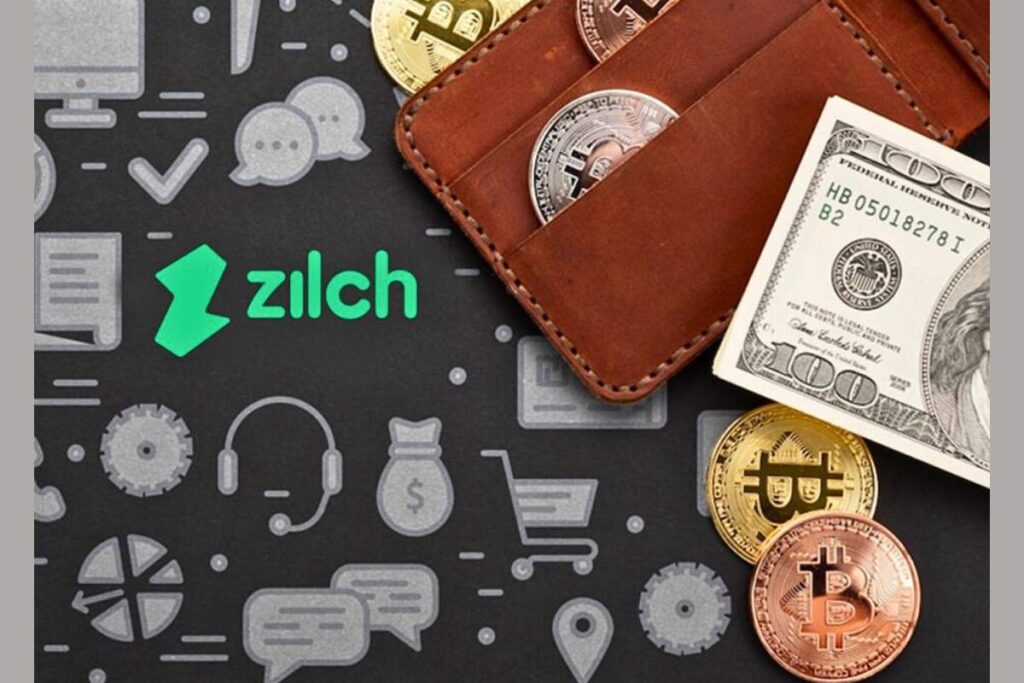Zilch, a British financial technology firm, has made headlines by achieving a significant milestone in a rapidly evolving fintech landscape, where fierce competition and innovation are critical. The company, often seen as a solid rival for Klarna, reported its first-ever monthly profit on Tuesday, September 3rd, marking a significant turning point in its journey. Zilch profit is being recorded alongside the appointment of the former Aviva CEO to its board.
A strategic move that has set the stage for the company’s much-anticipated initial public offering (IPO). As the buy now, pay later (BNPL) market continues to expand, Zilch’s recent achievements highlight the company’s growing influence in the industry.
The record of Zilch’s first profit and hiring a seasoned executive to its board of directors indicate that it’s ready to challenge established players like Klarna and Block on the global stage.
Appointment of Former Aviva CEO as Zilch’s New Director
Apart from reporting the first-ever Zilch profit, the company has made a strategic leadership move by appointing the former Aviva CEO, Mark Wilson, to its board as Director. Wilson brings a wealth of experience in the fintech sector, which will be beneficial as Zilch navigates the challenges of scaling its operations.
As Zilch prepares for its IPO, having a board member with extensive experience in the financial services industry will provide the company with valuable insights and guidance.

The former Aviva CEO’s expertise in leading large, complex organizations will also be precious as Zilch grows and expands its operations globally. This appointment is not just about adding experience to the board.
It also reflects Zilch’s ambition to become a significant player in the global fintech scene. Additionally, this move will likely inspire confidence among investors, who will view the appointment as evidence that Zilch is ready for the challenges.
ALSO READ: Boeing Appoints Aerospace Expert Robert Ortberg as New CEO To Replace Dave Calhoun
What Is the Valuation of Zilch?
Understanding Zilch’s position in the fintech industry is essential before looking into the company’s details. Zilch has quickly risen through the ranks of the BNPL sector, positioning itself as a strong contender against industry giants like Klarna and Block.
The company’s innovative consumer credit and financial technology approach has attracted significant investor interest, leading to impressive valuations.
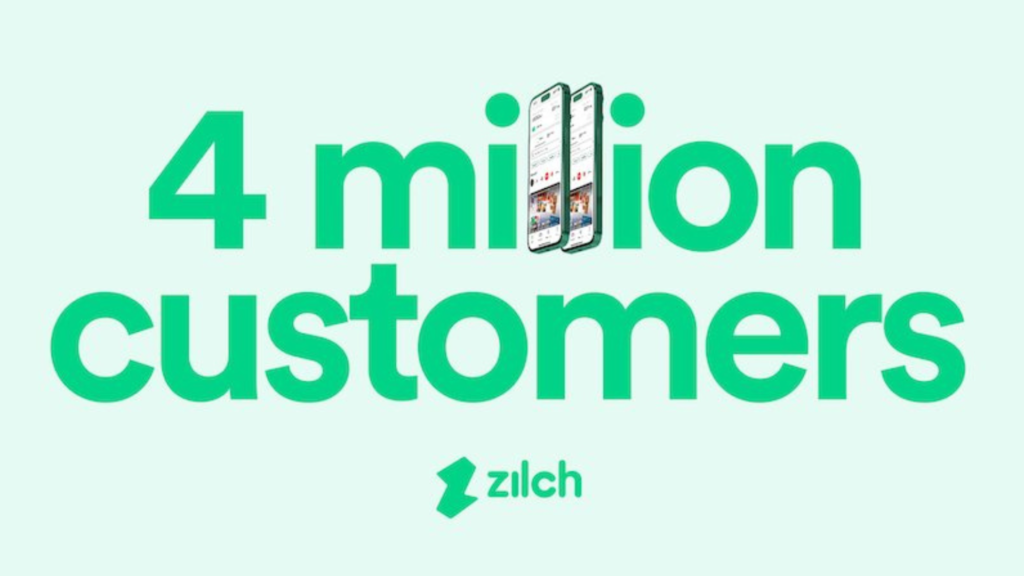
Zilch, which employs around 250 people, has 4 million customers, and is based in London, is now valued at approximately $2 billion (£1.5 billion) as of its latest funding rounds. This demonstrates its rapid growth and potential.
This valuation reflects the market’s confidence in Zilch’s business strategy, which combines BNPL services with a robust financial ecosystem to provide consumers with flexible payment options. Zilch’s valuation is expected to increase further as it prepares for its IPO, mainly because of its recent financial success and strategic board appointments.
What Is Zilch’s Revenue Run Rate?
Generating profit is no small feat in the fintech industry, especially for a company like Zilch that operates in the highly competitive BNPL market. A key driver of Zilch’s success has been its impressive revenue run rate, which has grown consistently as the company expanded its operations and customer base. Zilch said it topped $130 million (£100 million) in annual revenue run rate, doubling from the run rate it reported last year.
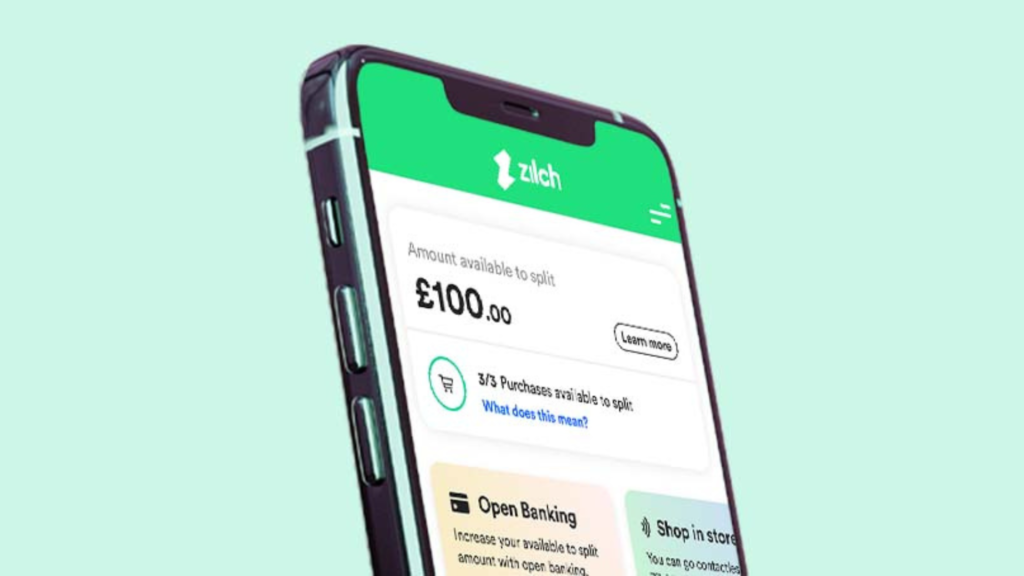
Zilch’s unique business strategy has driven its revenue run rate, combining BNPL services with a more extensive range of financial products. The company’s partnerships with major retailers and e-commerce platforms have also significantly boosted its revenue.
Zilch has attracted a large customer base by allowing consumers to split their purchases into interest-free installments, which has fueled its revenue growth.
ALSO READ: Incoming CEO Brian Niccol Faces the Challenge of Fixing Starbucks’ Mobile App Issues
What Was Zilch’s First Monthly Profit?
The announcement of the first-ever Zilch profit is a landmark moment for the company. As Zilch exceeds $130 million in revenue and marks its first profitable month in July 2024, the company’s profitability speed places it in the same league as major European FinTech players like Revolut, Starling Bank, and Monzo.
All four companies reported revenues exceeding $130 million over a three- to five-year span, with Zilch almost doubling its revenues in the year ending March 2024.
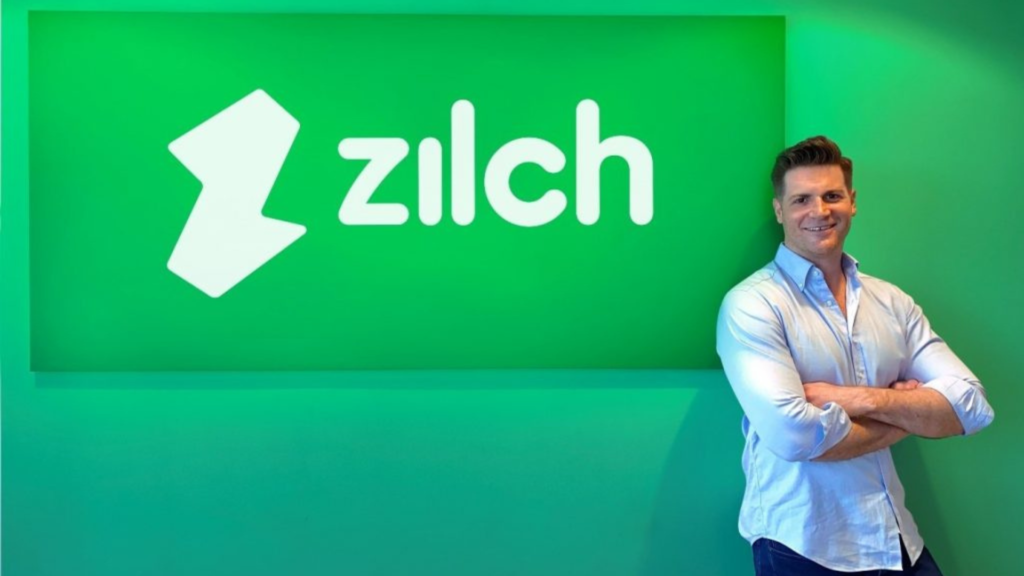
In contrast, according to the release, the average tech company needs eight to ten years in the US, fifteen in Europe, and seventeen in the UK to achieve $100 million in revenue.
According to Zilch’s CEO and co-founder, Philip Belamant, despite the current high-interest rate environment, the firm has reached profitability by growing its business rather than cutting back like other fintechs.
The Road to IPO and Future Prospects for Zilch
With Zilch’s profit achieved and a strong leadership team in place, the company is now gearing up for its next major milestone—its IPO. The firm’s decision to go public is a natural progression in its growth journey. Also, it coincides with when the BNPL market is attracting significant investor interest.
Given Zilch’s impressive growth trajectory and dominant market position, the company’s initial public offering (IPO) is expected to be one of the most anticipated in the fintech industry. The funds from the IPO will support future expansion, especially in global markets where Zilch sees significant growth opportunities.
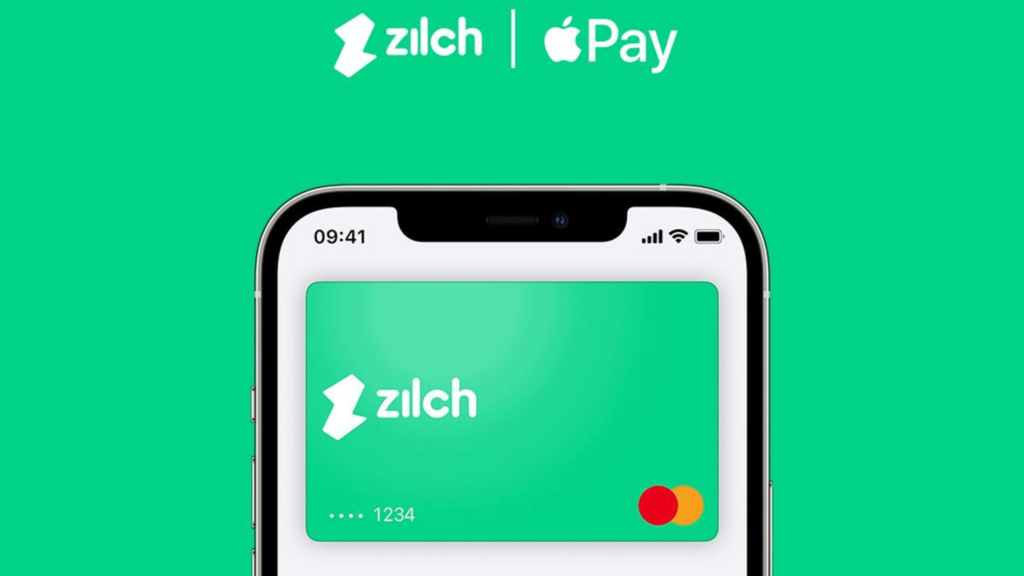
As Zilch moves towards its IPO, the company’s recent achievements—reporting its first profit and appointing the former Aviva CEO Mark Wilson to its board—will be critical factors that influence investor confidence.
The road ahead is promising for Zilch as it keeps innovating, expanding, and building on its success in the dynamic world of financial technology.
You Might Also like:
China’s Electric Car Competition Shifts Focus to Chip Technology as Tech Becomes Key Differentiator
Top 10 Restaurants Filing for Bankruptcy This Year
Xpeng Launches Affordable Mass-Market EV Car With Basic Driver-Assist for Under $20,000
Angry Netflix Subscribers Reject 30% Price Hike for Ad-Supported Content
China’s Zeekr Aims for Global Expansion with Electric SUV, Priced to Beat Tesla Model Y

